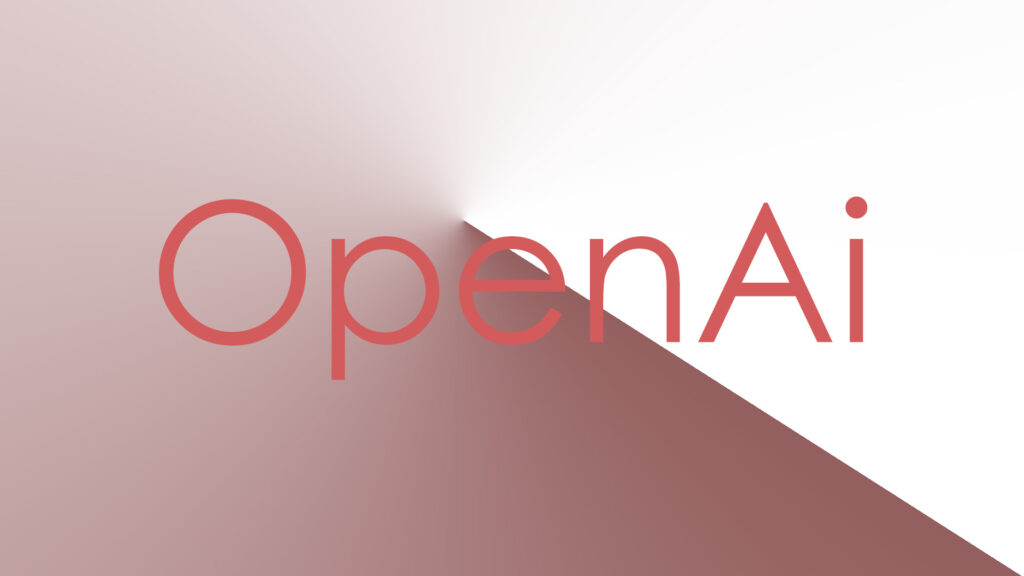OpenAI recently launched SearchGPT, a cutting-edge tool designed to integrate AI models with real-time web data. Despite some initial setbacks, SearchGPT aims to reshape how we access information online, offering faster and more precise answers.
Initial Missteps: The Appalachian Summer Festival Error
During a demonstration, SearchGPT inaccurately listed the dates for the Appalachian Summer Festival in Boone, North Carolina. The tool reported the festival from July 29 to August 16, while the actual dates are June 29 to July 27. This discrepancy highlights a key challenge for AI: delivering accurate and reliable information.
Understanding AI Hallucinations
Inaccuracies, or AI hallucinations, are a widespread issue among AI systems. While these errors are common, they pose a significant problem for tools like SearchGPT that emphasize reliability and transparency. This incident is reminiscent of Google’s AI assistant Bard, which incorrectly attributed the first images of an exoplanet to the James Webb Space Telescope instead of the European Very Large Telescope, resulting in public criticism and a notable dip in Google’s stock value.

Ongoing Development and Market Demand
Despite these challenges, the push for AI-driven search solutions continues unabated. The need for quick and accurate answers is driving AI integration in major search engines like Google and Microsoft Bing. AI-powered chatbots such as You.com and Perplexity further exemplify this trend, emphasizing the growing demand for real-time, reliable information.
The Future of SearchGPT
OpenAI to succeed with SearchGPT, must establish user trust through consistent accuracy. The initial error underscores the importance of continual improvement and refinement in AI technologies. As SearchGPT evolves, it has the potential to significantly impact how we retrieve and trust information on the internet.

